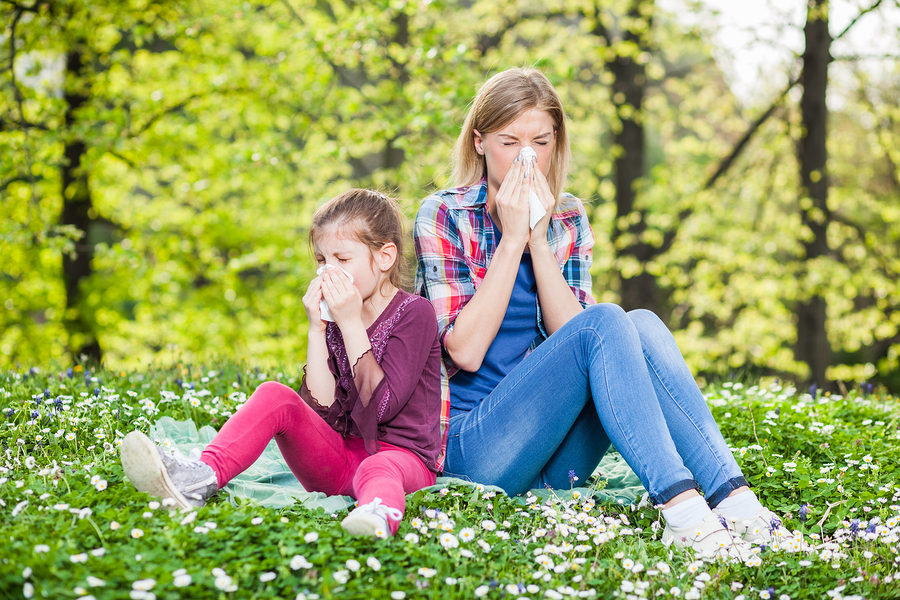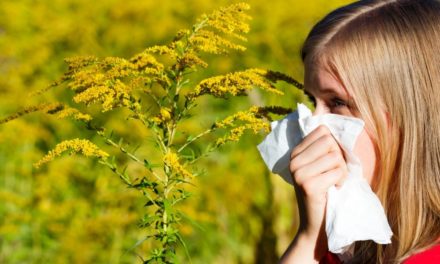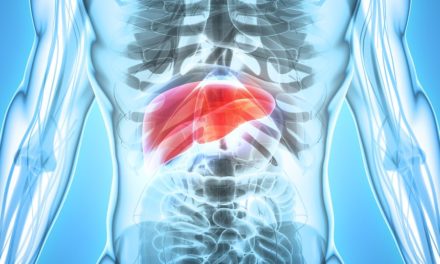It is a good idea to reconcile scientific research with natural health approaches. It is sometimes a difficult task. All of the medical journals sell ads to drug companies and it should be obvious that economics help to determine what appears in the journals. But occasional natural health gems appear; they are usually small studies that can still be branded as “inconclusive”. The overall attitude of the journals seems to be, “My, isn’t this amusing. We will have to look into it someday.” But as long as drugs like Ritalin make $3 billion per year and are advertised in the journal, you will not see the journal take a stand and suggest that kids with ADD need B vitamins, omega-3 oils, exercise and to stop eating junk food. They will, however, print the occasional amusing little study. One such study, appearing in the journal, Annals of Allergy, May 1994 evaluated 26 children with ADHD. The children were put on an allergy elimination diet. Along with eliminating artificial colors and preservatives, some foods were eliminated. These included common allergens like wheat, dairy products, egg, corn, yeast, soy, citrus, chocolate and peanuts. Of the 26 subjects, 19 responded well to the diet. It is a small study, but it should offer hope to people with ADD.
Studies supporting the use of natural health care for allergies exist. Scientists in Finland have found that the type of fats consumed in the diet may be connected to the tendency toward allergy, according to research published in the journal Allergy (2001;56:425-428). The British Medical Journal (January 19, 2002; 324:144) has research that shows the herb, butterbur may be useful for allergic symptoms. There is even a journal article about homeopathy and allergies. In a small study, published in the August 19, 2000 issue of the British Medical Journal, 24 patients were given a homeopathic remedy daily and 27 patients received a placebo. Although it was a small group, the study was double-blind, placebo-controlled and randomized. There are more studies like this posted in the allergy section at https://www.wholehealthweb.com.
The information found in medical journals is interesting, but it does not give the practitioner information that is good enough to effectively treat airborne allergies. The doctor who is a real scientist, and who wants to make his or her patients better will make note of the journal research, but also look at what patients respond to and take into account seemingly unrelated research. For instance, we know that eating sugar and producing insulin exacerbates inflammation. The symptoms of hay fever are largely due to inflammatory chemicals produced by the body, so it stands to reason that refined sugar is something that should be avoided by patients with hay fever. The same thing goes for trans fats. Yet this advice is seldom given in traditional medical offices; they are waiting for the perfect study to prove this (perhaps prompting Nasonex to pull its ads).
A real scientist will take the journal articles into account, but also take clinical and anecdotal information into account. He or she will look at known chemistry and physiology. Although the journals scorn anecdotal information, some of the most clinically useful stuff comes to us anecdotally. And why not use anecdotal information if you are dealing with a very low risk therapy like nutrition that potentially can produce good results—especially if a doctor who you respect is using it and getting results (anecdotally)?
Hormones produced by the adrenal glands fight inflammation. Indeed, adrenal support is a mainstay for natural health practitioners to treat allergies. You don’t see a lot of articles in medical journals about nutrient support for adrenals. There is some information about herbs and vitamin C in the journals. Bioflavonoids, like quercitin are often very useful for hay fever patients. Many herbs are also useful. But it is hard to put together an effective therapy using just the journal articles.
So, when treating a patient with hay fever products for adrenal support, and herbal products designed to reduce histamine, are very effective especially when given with a diet that is free of refined sugar, hydrogenated oil and chemical additives. Other useful products are bioflavonoids and fish oil. A few thousand IU of vitamin A per day for a couple of weeks works wonders if the patient’s eyes itch. You can really fly without a net and use chiropractic adjustments or acupuncture. We are still waiting for the definitive double-blind placebo-controlled study to prove that this works, but in the mean time patients who are getting better don’t seem to mind about the status of the research.





